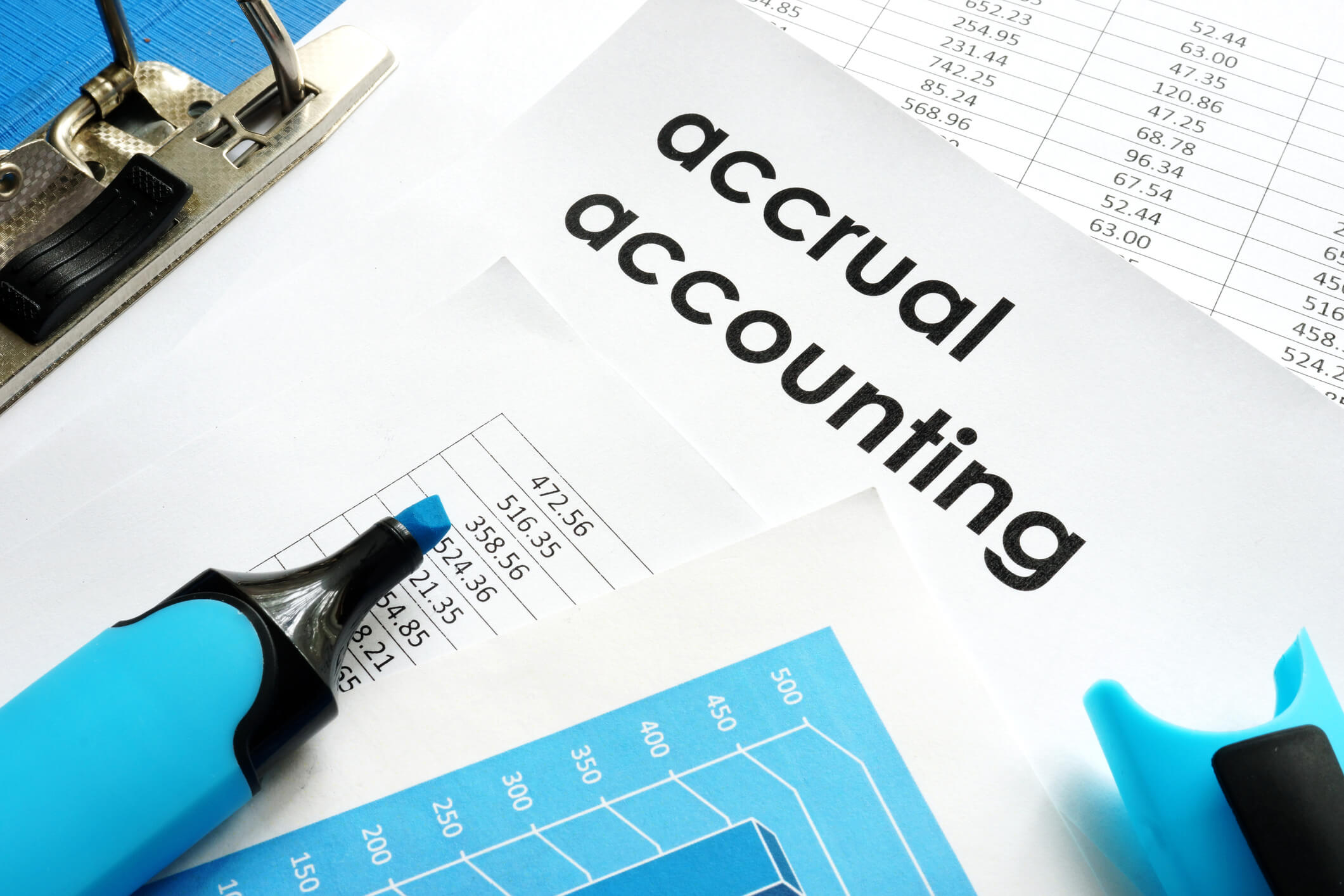Accessible and sustainable systems are vital if you want your business to be systematic. As an investor, an accounting system is essential for business. A sound accounting system that keeps track of all the expenses is not as difficult to make as it seems.
Before you start building an accounting system, you need first to figure out how you would want to record and book profits and expenses. To keep up with them, you need to create a simple method to document invoices and receipts. The best way to record them is to use expense-tracking applications and software programs. They allow more streamlined bookkeeping by letting you scan receipts, put in the amount, catalog, and store the information in the cloud. You can also use mileage apps to calculate travel expenses while performing job-related tasks. Accounting software like Quickbooks can also prove to be of immense help. Irrespective of the software you decide to use, the categories of your transactions should include:
Separating rehabilitation and repair costs may help you later on if you decide to rent the house instead of selling it.
Kinds of Supporting Documents You Should Keep
You are not required to keep any specific records according to the law, with the exception of a few cases. Keep any receipts related to the purchase and sale of the property and all related HUD-1 statements. Also, keep the tax assessment card of the property and, if applicable, the insurance and appraisal documents. You should also have supporting documents for expenses related to the rehab costs. They should state the total amount of payments made and that they were related to the business. These include:
- Canceled checks
- Cash register tapes
- Account statements
- Credit card sales slips
- Invoices
- Trivial cash slips for minor cash payments

Informational Returns
You may be required to inform the IRS about any payments related to your business on informational returns. The payments on the information returns will then be compared with the reported value on the individual’s revenues by the IRS to make sure the income they reported is correct. You are required to fill out the Form 1099-MISC (Miscellaneous Income) to report selected payments. According to Publication 583, the payments include:
- Payments of $600 or more for services performed for your business by people not treated as your employees, such as subcontractors, attorneys, accountants, or directors
- Rent payments of $600 or more, other than rents paid to real estate agents
- Prizes and awards of $600 or more that are not for services, such as winnings on TV or radio shows
- Royalty payments of $10 or more
- Payments to certain crew members by operators of fishing boats
Form W-2, Wage, and Tax Statement is supposed to be filed to report expenses related to your employees, such as wages, Medicare taxes, tips, compensation, social security, and withheld income. Using a software program that has a payroll system integrated can make your bookkeeping much easier if you have W-2 employees.

Accrual vs. Cash Method
You need to decide between the cash and accrual methods of bookkeeping for your business.
The cash method is used when you acknowledge income after the check is collected, and expenses are acknowledged after making the payment. In contrast, the accrual method recognizes expenses and income after they are incurred or earned, not after the payment of the expenses and receiving the check.
If you are wondering how this applies to investors in a fix-and-flip business, here’s the answer:
When you plan to or already flip numerous properties, you will most likely be classified as someone who deals by the IRS. This means that the properties you own will be categorized as inventory, which will require you to utilize the accrual method of bookkeeping by the IRS. That is why it is recommended for investors to start with the accrual method of accounting from the beginning. This means you do not have to go through the hassle of transitioning your system to the accrual method at a later time.
 About Complete Controller® – America’s Bookkeeping Experts Complete Controller is the Nation’s Leader in virtual bookkeeping, providing service to businesses and households alike. Utilizing Complete Controller’s technology, clients gain access to a cloud platform where their QuickBooks™️ file, critical financial documents, and back-office tools are hosted in an efficient SSO environment. Complete Controller’s team of certified US-based accounting professionals provide bookkeeping, record storage, performance reporting, and controller services including training, cash-flow management, budgeting and forecasting, process and controls advisement, and bill-pay. With flat-rate service plans, Complete Controller is the most cost-effective expert accounting solution for business, family-office, trusts, and households of any size or complexity.
About Complete Controller® – America’s Bookkeeping Experts Complete Controller is the Nation’s Leader in virtual bookkeeping, providing service to businesses and households alike. Utilizing Complete Controller’s technology, clients gain access to a cloud platform where their QuickBooks™️ file, critical financial documents, and back-office tools are hosted in an efficient SSO environment. Complete Controller’s team of certified US-based accounting professionals provide bookkeeping, record storage, performance reporting, and controller services including training, cash-flow management, budgeting and forecasting, process and controls advisement, and bill-pay. With flat-rate service plans, Complete Controller is the most cost-effective expert accounting solution for business, family-office, trusts, and households of any size or complexity.





